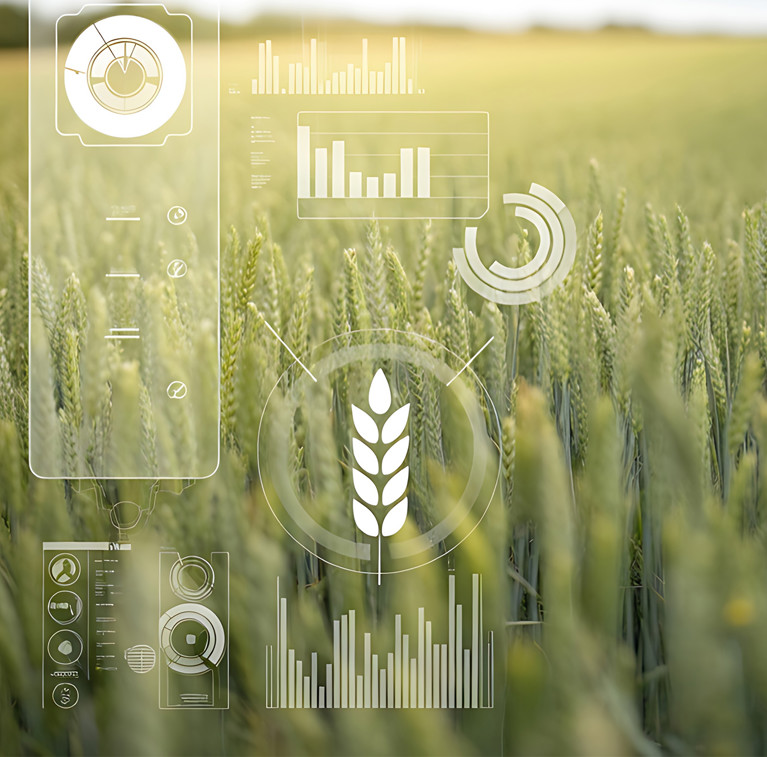- Posted on 31 Jul 2025
- 5 minutes read
A new $11.7 million research hub will explore how the Australian grain industry can better use responsible artificial intelligence to be more productive and sustainable.
The Australian Research Council (ARC) Industrial Transformation Research Hub in Responsible AI for a Sustainable Grain Industry will develop cutting-edge artificial intelligence (AI) technologies to reduce fertiliser and diesel use, lower carbon emissions, and improve climate adaptation.
Led by Distinguished Professor Jie Lu, the research hub is a collaboration between experts from three Australian universities (UTS, University of Adelaide, Murdoch University), state government agencies, and 10 companies and industry organisations.
The hub has received $5 million from the ARC over the next five years, on top of $6.7 million from partner organisations.
“Australia has been at the forefront in using AI-driven new technology to drive the productivity and sustainability of agricultural industries including grains,” said the new ARC research hub’s director, Distinguished Professor Jie Lu.
“From sowing to distribution, AI is already providing insights and solutions for smarter and more sustainable grain-growing practices. However, further adoption of the technology will rely on developing responsible AI tools that are trusted by grain growers to be explainable and safe.”
AI-empowered innovation will transform the grain industry into a thriving, sustainable sector and position Australia as a global leader in grain production.

The hub will be a world-leading centre in building responsible AI tools based on principles of explainability, privacy and robustness across three themes:
- Computational genomic breeding: exploring optimal genetic traits for photosynthesis that reduces carbon in the atmosphere, prediction of environmental and climate stress tolerances, and optimises nitrogen balancing.
- Smart farming systems: using monitoring and automation to build self-sustainable grain production systems, soil digitisation techniques, and smart farm monitoring solutions.
- Intelligent supply chains: building sustainable, efficient supply chain solutions by targeting storage to prevent grain deterioration, optimising logistics, improving grain traceability and tracking digital carbon credits.
“Our planned research, engagement and transformation outcomes will propel Australia into a world-leading position in a responsible AI-empowered sustainable grain industry,” said Professor Lu.
“We will enhance the global competitiveness of Australian grain industry, support our national obligations to meet net-zero carbon emissions by 2050, and facilitate the growth and acceleration of Australia’s AI capabilities.”
“These AI empowered innovations will transform the grain industry into a thriving, sustainable sector and position Australia as a global leader in grain production.”
The hub received funding through the ARC’s Industrial Transformation Research Program, which supports training centres and research hubs to help researchers and industry work together to address industry-identified priorities.
UTS researchers are also supporting two other supported projects, with Professor Hokyong Shon, Associate Professor Sherub Phuntsho and Dr Gayathri Danasamy Naidu working as chief investigators in the ARC Training Centre for Climate-Resilient Water and Associate Professor Simon Fane a chief investigator in the ARC Research Hub for Critical Energy Separation Materials.






